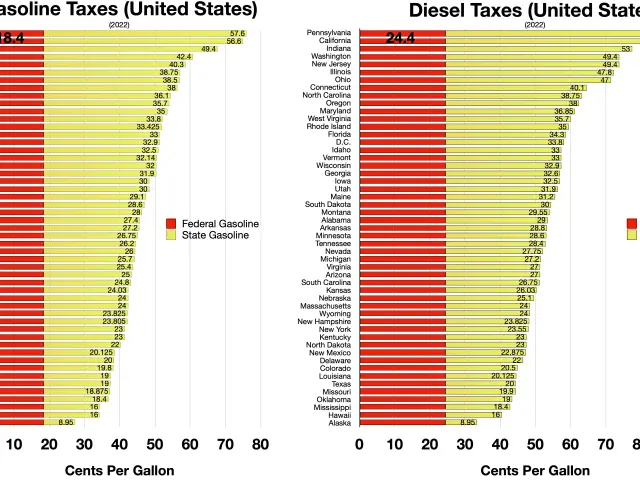EU Set to Launch Border Carbon Adjustment to Tackle Global Emissions
The European Union is set to introduce a groundbreaking measure to tackle climate change and promote fair trade. The EU plans to implement a border carbon adjustment, a mechanism that would impose a levy on emissions-intensive imports. This move aims to protect the environment, boost the EU's international influence, and foster a climate-friendly global trading system.
Steel production, responsible for around 5% of global CO2 emissions, is a primary target for this initiative. The EU's Emissions Trading System will establish a floor price on CO2 emissions, making low-carbon options more competitive. Additionally, a duty will be imposed on emissions-intensive imports like steel at the EU border, aligning the global trading system with ecological imperatives.
The EU's proposal, known as the Carbon Border Adjustment Mechanism (CBAM), was introduced by the European Commission in July 2021 and legislated by the EU Parliament and Council in 2023. It aims to prevent 'carbon leakage', where companies move production to countries with less stringent emissions rules, and encourage global emissions reductions. Alternatives to steel production with lower emissions are being researched but are not yet viable due to the established industry's reliance on the atmosphere as a CO2 dump.
By implementing the border carbon adjustment, the EU demonstrates a commitment to protecting the environment and boosting its international clout. This move could also encourage other nations, including the US, to reconsider their climate policies. The EU's response to Trump's protectionism is calibrated and forward-thinking, setting a new standard for climate-friendly trade.








